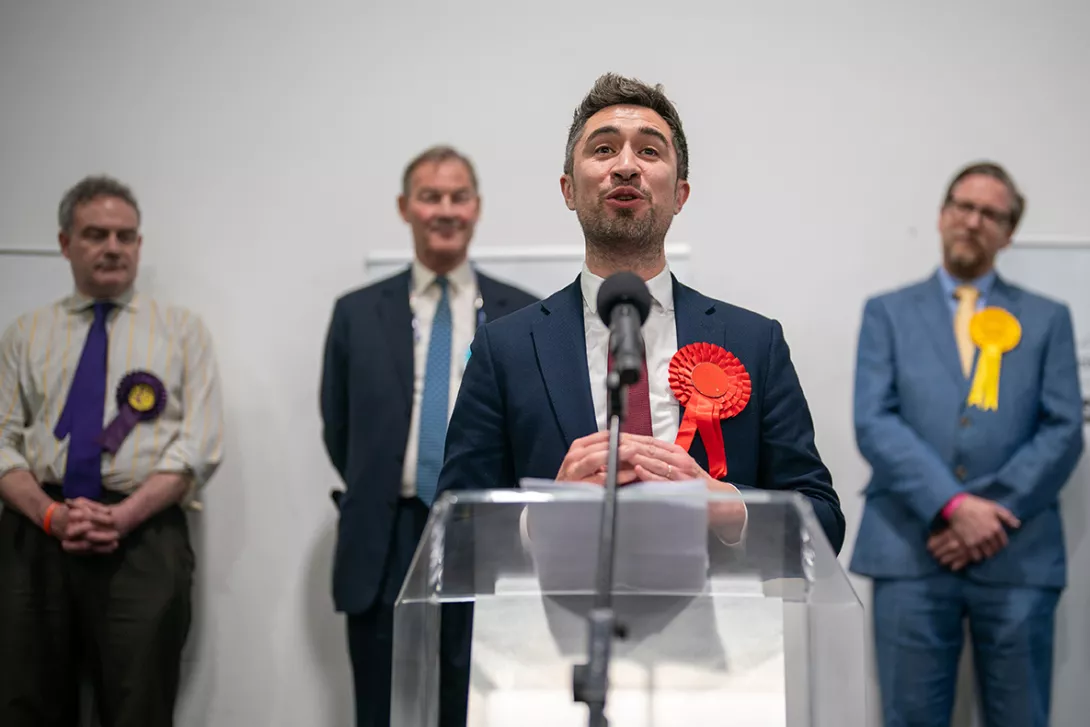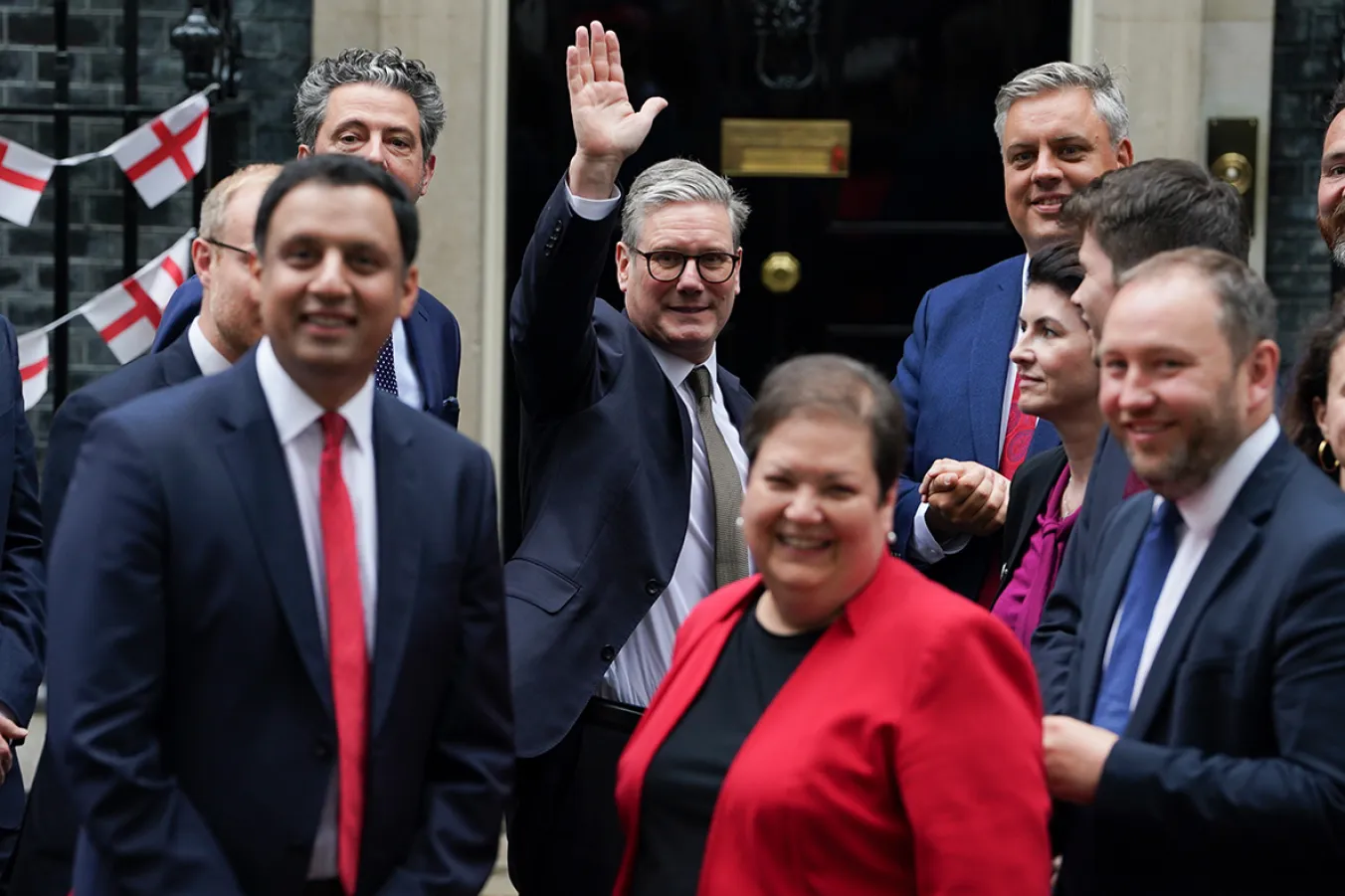
LABOUR will be pleased with by-election wins in Wellingborough and Kingswood that show its Rochdale difficulties have not seriously harmed its brand elsewhere.
Huge Tory majorities have been overturned, especially in Wellingborough. The Conservatives have now lost more by-elections in a single parliament than any government since World War II.
Their vote is still collapsing across the board, which at a general election would likely hand power to Labour by default — especially since north of the border the once formidable SNP has stumbled from scandal to scandal for a year.
Keir Starmer is often criticised for his “offer nothing and wait for the Tories to implode” strategy, but the scale of Conservative meltdown means it could well be enough to get him to No 10.
There are reasons for Labour to be less sanguine. As polling analyst John Curtice notes, “voters’ discontent with the Conservatives was seemingly not matched… by enthusiasm for Labour.”
On the surface that suits Starmer perfectly — he hardly wants to ride to power on a wave of enthusiasm that raises hopes, given his determination to stick to Tory policies in office will certainly dash them.
The problem is that by-elections are not general elections. Turnout is much lower.
It’s not certain that by-election voters, often inclined to “send a message” to government, will behave the same way at a general election: still riskier to assume those who didn’t vote on Thursday will later vote the same way as those who did.
Former Tory voters are not moving to Labour in large numbers. The swing to Labour may look big, but this is a vote share calculation affected by the huge fall in the Conservative vote.
Even this suggests the Tories are losing a voter to their right, to Reform UK, as often as they lose one to Labour.
A look at the actual numbers adds further uncertainty. Fewer people voted Labour in Kingswood on Thursday than did so in 2019, while in Wellingborough the party’s vote rose by just 107.
Neither figure guarantees a repeat performance at a general election with a much higher turnout. And Labour faces other self-inflicted problems.
Its abandonment of any vision for changing Britain, and especially for addressing climate change, has so alienated young voters that nearly half say they may not vote, which based on previous voting patterns would hit Labour harder than the Conservatives whose voter base is older.
And its support for Israel’s invasion of Gaza may not have cost it much in these very white constituencies, but will cause bigger headaches in many target seats.
None of these caveats mean a Labour victory at the general election isn’t overwhelmingly likely, even if the sometimes projected landslide is less certain.
The left’s real concerns should be on other grounds. Tory popularity is plummeting because they have presided over a rapid and noticeable fall in quality of life. Rising costs, especially for essential energy, food and housing, which outstrip wages are one huge factor, the palpable deterioration in services from the NHS to transport another.
We need political change to address these, but Labour policy on public spending, service privatisation and tax is too similar to existing government policy to do so. So a Labour government solves nothing fundamental.
Second, Reform UK’s strong showing in both by-elections shows the false narrative that immigration is the cause of people’s (perfectly real) frustrations over access to housing, decent jobs and public services is making headway. It does so in the absence of a socialist mass movement popularising the real causes.
A strong Reform UK vote at the general election would drive an opposition Tory Party even further to the right — and Labour’s failure to confront anti-immigrant poison, combined with its lack of policies to tackle falling living standards, provides fertile ground for a resurgent and dangerous far right.

















